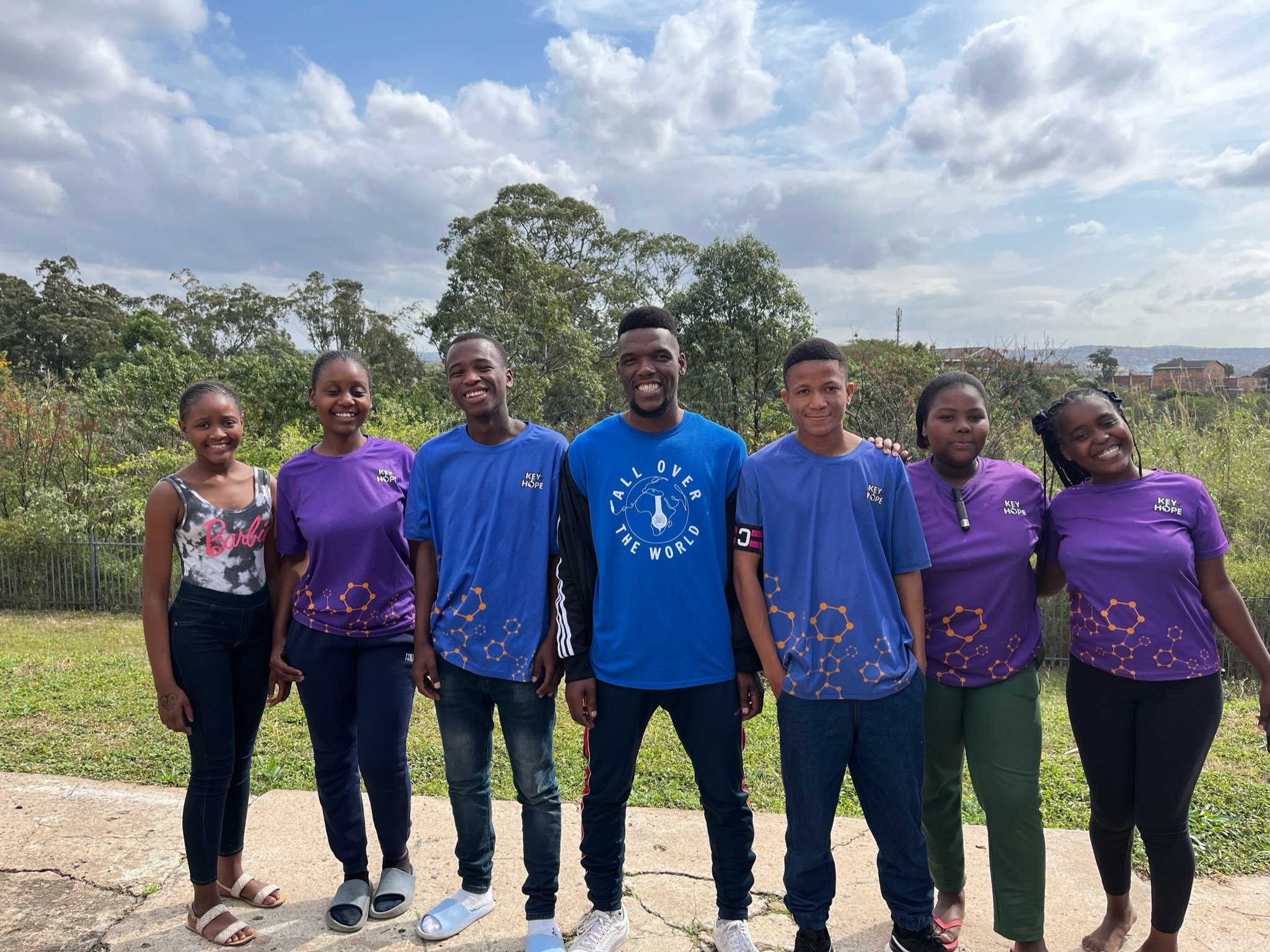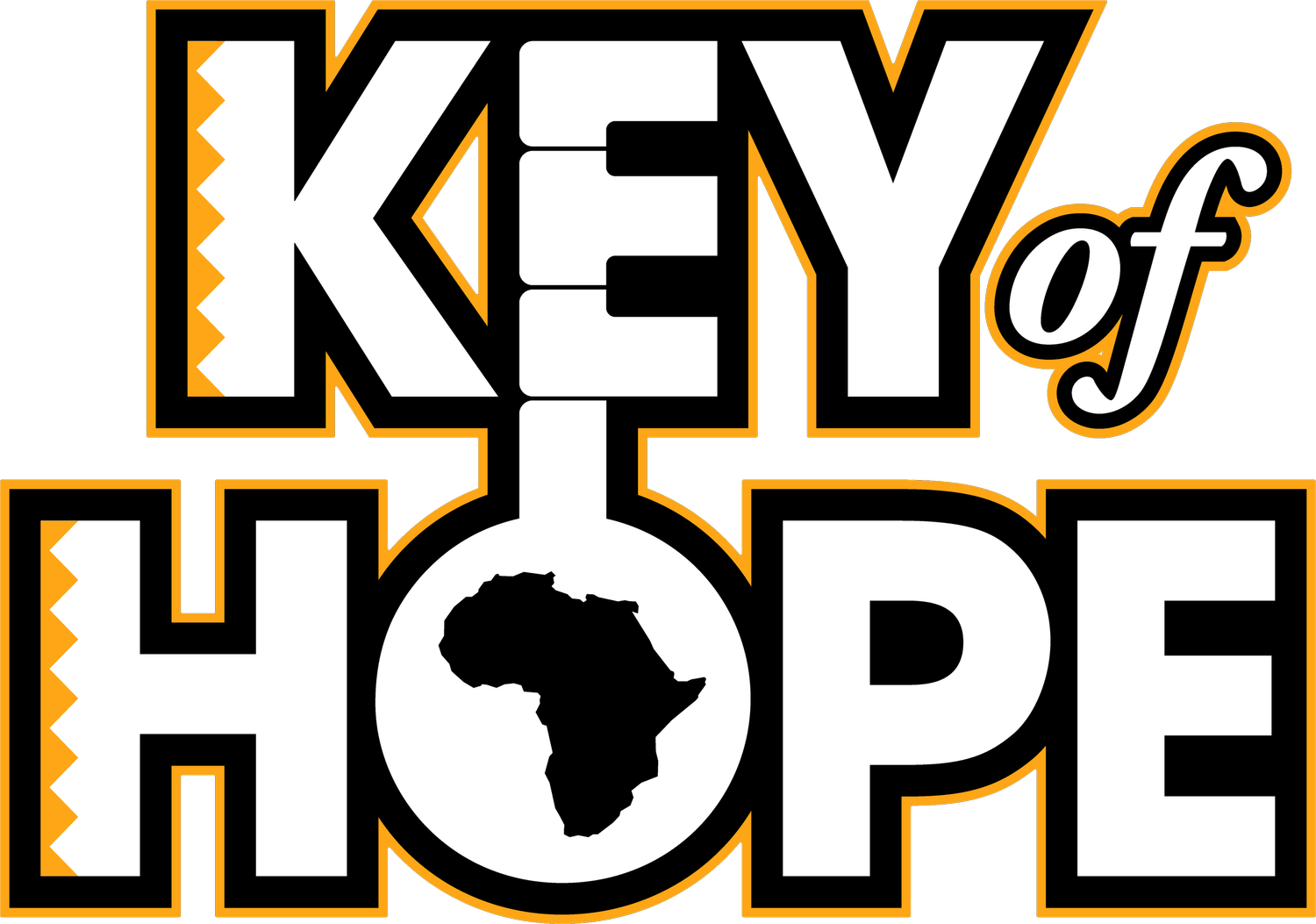
FREQUENTLY ASKED QUESTIONS
Why Durban?
AIDS is the worst health problem facing the world today, with as many as 40 million people infected. 60% of these people live in the poverty-stricken countries of sub-Saharan Africa, where HIV is spread mainly through heterosexual intercourse, rape (South Africa has the highest child rape rate in the world), and from mothers to their babies. AIDS strikes predominantly at the sexually active, who are also the main providers of food, income, and care.
By 2006, more than 12 million African children had lost at least one parent to AIDS. These orphans are four times more likely to contract HIV in their teens. They are less likely to be enrolled in school, and more likely to fall behind if they are enrolled. Indeed, less than half of all South African children who start first grade will graduate high school, leading to a youth unemployment rate of 75%.
Although South Africa is only the world’s 49th most populous nation, it is home to more HIV+ people than any country in the world. HIV prevalence stands at 20% nationwide; in the province of KwaZulu Natal, where Key of Hope is based, the figure is 40%, making it the epicenter of the global AIDS pandemic.
AIDS is only one piece of a myriad of challenges facing South Africa. Even though the institutionalized practice of segregation through apartheid ended in 1994, racism is not absent from South African society. The separation of peoples has led to the greatest disparity of wealth in the world and the highest number of welfare dependents per tax payer in the world. In fact, 10.7% of the population are living on less than $1.25 per day and 36.4% are living below the $2.50 per day poverty line.
The extreme poverty in South Africa also factors into the tremendous crime rate. Violent crimes, including rape and murder, routinely occur. Muggings, armed assaults, theft, and carjackings a rampant as well. South Africa is considered the crime capital of the world.
The dire environment, as well as God’s distinct calling, compelled us to take action.
Is Key of Hope an orphanage
or children’s home?
No, we are not an orphanage or a children’s home. It is much more resource effective to assess the households our kids come from and provide the necessary resources to help them stay functional. Approximately 90% of orphans in Sub-Saharan Africa are absorbed into the households and families of relatives after the death of their parents, but the relatives often lack the resources to support another person. We believe it is more beneficial to the child to remain with their extended family and for Key of Hope to step in when needed.
What happens to Key of Hope
kids as they grow older?
The growing number of and need for our "kids" aged 18-25 has lead to wonderful new developments in the world of Key of Hope. God has given us the opportunity and the resources to develop programs for children from their birth through their graduation from high school. Even after they’ve become young adults, the kids don’t really leave Key of Hope, our relationship with them just changes. Similar to the relationship between children and parents, we give them the appropriate support they need after graduating and, now that they’re adults, they in turn give back to the younger generation that is still in the Key of Hope programs. With so much going on for this age group, there's no reason that ANY young person can't take advantage of at least one of the opportunities we are providing for them.
Our Young Adult (M&M) programs include:
Skills development program once a week on Saturdays (job skills, soft skills, training programs in woodworking and photo/video production)
A Monday through Friday full-time "gap year" program designed for young people not currently in a job or in school (similar skills training to Saturday program, but more intensive)
Our "M&M Soccer Team" which plays competitive league games and establishes new mentoring relationships
A newly implemented Friday night small group exclusively for our young adults which have been separated from the normal Youth Night program for high schoolers
An IT Workshop hosted by a local team of IT volunteers eager to pass on their skills to empower our young adults to freelance and generate their own income in this growing field.
How can I see the choir?
The last choir tour was hosted in 2024, and we hope to have another one in 2026! Details will be on our website and social media as the tour gets closer. You can contact Trent Fagan ([email protected]) with questions, or if you’re interested in hosting the choir.
Have you heard of Ithemba?
In the in-between years of the choir tour we have a young adult group that comes to America called “Ithemba”, the word Ithemba means “Hope” in Zulu. These young adults represent the exciting future not only of Key of Hope, but of an entire generation of ambassadors for Christ across Africa.
Do you have a child sponsorship program?
Over the last 11 years, our approach in unlocking the future of Africa has always been about relationships. While a monthly donation alone can’t save a child, the relationship we are able to build with a child as a result of a donation, can often mean the difference between life and death. Key of Hope staff builds positive, encouraging relationships with children as they attend our programs and when they are visited each week in their homes. We know the names and faces of these children, their families, where they go to school, the streets they play in; we know their needs and how to best meet them, which in turn allows them to realize and reach their full potential.
We have created a way to give donors an inside look at these powerful, life changing relationships. The difference between our model and others is the emphasis on the relationship between our staff and the children. Our staff is in their communities and already have a relationship with the children; and with your generosity, we are able to meet their needs long-term.
Each Home Visit Area Leader works tirelessly to ascertain and meet the exact needs of each and every child; sponsorship donations are strategically used to meet the emotional, spiritual, academic, and physical needs of all children involved in our programs. With your help, we are able to provide your child with opportunities that most children in these communities do not have access to.
We have seen children transformed because of the positive influence our staff provides; not in just providing food and paying school fees, but also in their reflection of God’s love. We believe God will work incredible miracles in the lives of these children, and we hope you consider the awesome impact your partnership with us can have as well.
